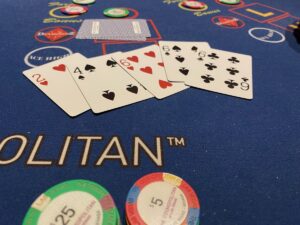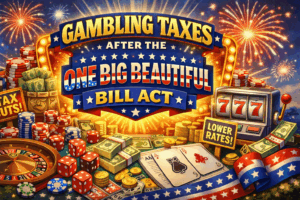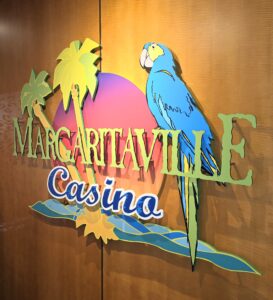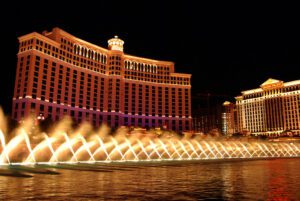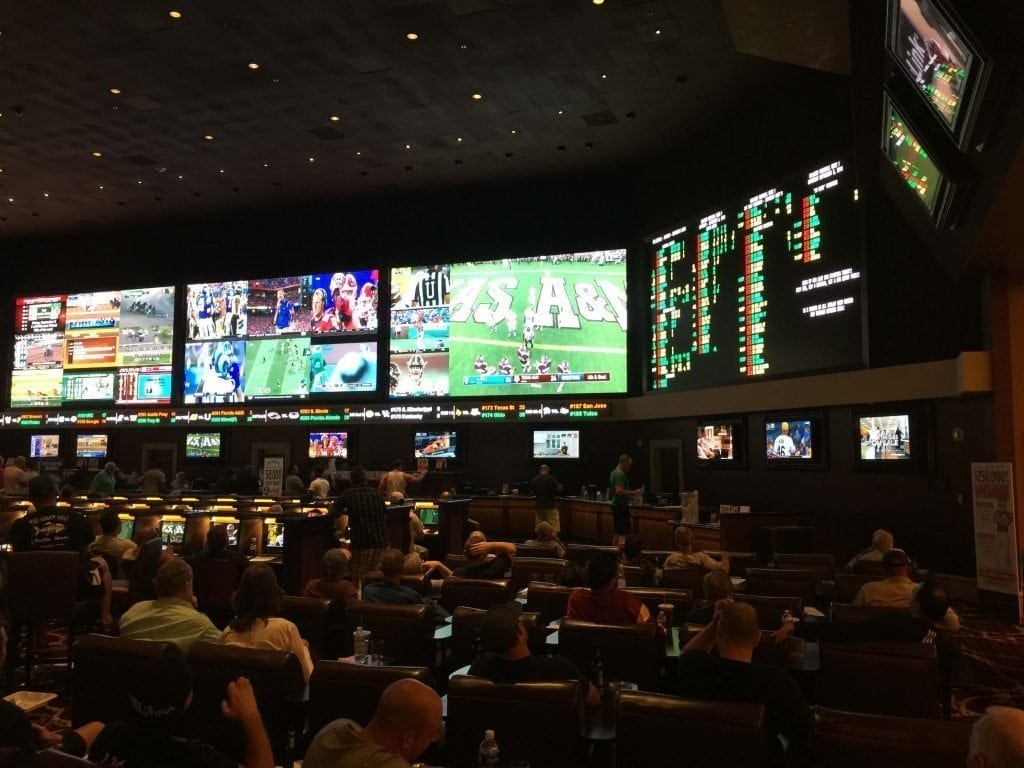
A lot of people are talking about how Hillary won the debate because of how the financial markets responded to the spectacle. The betting market agrees.
Prior to the altercation between Trump and Clinton at their first debate on September 26th, Trump’s odds were +190 on the betting site Betfair. This is an implied probability of 34.5%. I had my computer on one side of me showing me the odds and on the other side I had my television showing me the forum lightly moderated by Lester Holt.
Odds Changed During The Debate
The odds remained the same for about the first 20 minutes of the debate. Trump seemed rehearsed, restrained, and perhaps even erudite. Clinton seemed reticent, ambivalent, and unsure. That didn’t last long.
Clinton found a groove of confidence. She attacked Donald on the things he hates most to be confronted about and that is his perceived racism and the possibility that he doesn’t have the money he claims to have.
Donald’s countenance changed and with it his odds on the betting site. I saw them climb from +190 to +200 to +210 to +230 and today they’ve settled in at +235. This represents a betting market that gives Trump’s probability of winning before the event to be 34.5% and after the event to be 29.9%.
For a 90-minute TV program, you can see the significant impact. The fact that 81 million people tuned into the event on their televisions, and then even more online, shows you the power of the performance.
This demonstrates what I alluded to in previous articles and that is that timing the market is a way to make guaranteed profits on these bets.
While there was no guarantee that Clinton would “win” the debate, her experience going back to college, through her legal career, and into her political career shows a great deal of previous debate experience. Trump, by my perception, is someone that has intentionally surrounded himself with yes men (and a few women) and so likely wasn’t accustomed to having anyone disagree with him, and certainly not in front of tens of millions of people. His temper, which he constrained so adequately for the first 30 minutes, had nowhere to go but onscreen.
No More “No-Brainer” Bets
So now we’ve seen several “no-brainer” situations where a well-timed bet could be beneficial. After the GOP convention, bet Hillary. After the Dem convention, bet Trump. Before the first debate, bet Hillary. After the first debate, what do you think?
Will there be another event that will help one of the candidates? Will Trump learn from his first debate performance and bring a higher level of communication? Will he find ways to push Hillary’s buttons the way she so deftly pressed his? Are there exterior events that could have an impact such as the Fed meeting 6 days before the election? Will the Vice Presidential debate have an impact?
For myself, the no-brainers are almost gone. I feel like the current betting numbers will remain unchanged until the final week. In the final two days, as poll numbers become more precise, there should be a great deal of movement.
What Can We Learn From Previous Elections?
Interestingly in the last election with Mitt Romney versus Barack Obama, Romney’s odds were not as long as the election showed they likely should have been. There was talk of a billionaire backer of Romney that was making significant bets on Romney on the legal US site, PredictIt.org.
Why would someone do that? One possibility is he felt strongly that Romney would win and he wanted to win money. Another possibility some people have raised is that he wanted to keep Romney’s odds from looking as bad as they should be. He didn’t want the press reporting on how bad Romney’s actual win probability would be so he manipulated the market. It’s an interesting way to support a candidate that doesn’t involve donating to the candidate or to a SuperPAC.
I wouldn’t be surprised if there were to be some similar kind of manipulation in the market in this election. People are known to bet with their hearts. Others see unusual ways to promote their choice.
My personal feeling is that this can benefit a candidate like Obama or Hillary who are (or were) the favorites in their contests. If the American public hears that Obama or Hillary were to be a lock to win, then supporters of those candidates might think they can stay home and not vote.
I believe that’s what happened with Brexit. The betting markets had REMAIN IN EU to be a 3 to 1 or even a 4 to 1 favorite. I believe a lot of the people who would have voted to remain stayed home. The effects can be seen greater in a country the size of England rather than the United states which has a much larger population. But the people who were passionate about one side of the argument had a greater impact than the people who chose the other side.
So in other words, the better strategy, perhaps you could say the Br’er Rabbit strategy is to let your candidate look hopeless. Oh please don’t throw me in that briar patch. That might energize the voters for Trump and lead to complacency on the party of the Hillary voters.
When the media reports it as a horserace, which the media loves to do to keep interest, eyeballs, ratings and ad sales, my opinion is this benefits the person in the lead and hurts the person that’s behind, although that may seem counterintuitive.
So now the bet I mentioned last week I made on Hillary of $350 to win $200 is one where I could lock in a profit if I decided to. I could currently make a $180 bet and lock in a profit of about $20 no matter who wins. But that’s not my style. I prefer to make advantageous bets. Not to hedge.
Previous articles:
Basics Of Betting | From The US Presidential Election To Baseball
Basics Of Betting | Update On The Presidential Election Odds
Basics Of Betting | US Presidential Election Betting | I Made A Bet (on Hillary Clinton)
David Walton's first introduction to gambling was when he was in the US Navy on a submarine in 1995. After graduating from the Navy Nuclear Power School he spent many months at sea on the USS Bergall SSN 667. When they spent three days at the island nation of Curacao he visited a casino and played blackjack and lost 200 bucks but became interested in the game. He trained himself to learn card counting and upon leaving the Navy in 1997 has worked as a gambler ever since. David's been betting sports since 2001. He won the Ultimate Blackjack Tour featured on CBS national television in 2005 for a prize of $300,000. He also wrote articles for All In Magazine from 2006 to 2008. David likes swimming and spends about 5 hours a week in the pool swimming laps. Favorite foods are sushi, Indian, Thai, and the occasional, but necessary steak, and thinks martinis should never be dirty. Liquor should be clean.



